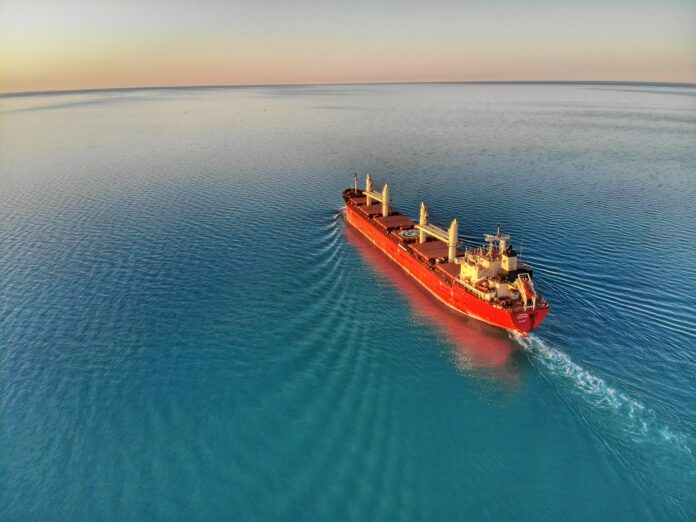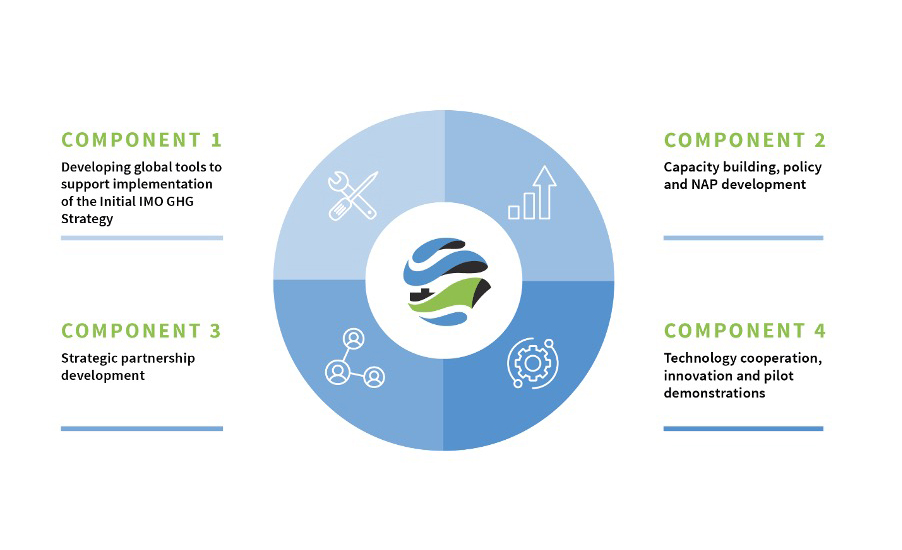Eleven States from across the globe are partnering in the International Maritime Organization (IMO)-Norway GreenVoyage2050 Project, which is supporting the path to decarbonization in the shipping sector, in line with the IMO Initial Strategy on the reduction of greenhouse gas emissions from shipping (IMO Initial GHG Strategy).
Through the IMO Initial GHG Strategy, IMO Member States have pledged to cut annual greenhouse gas emissions from international shipping by at least half by 2050, compared with their level in 2008, and work towards phasing out GHG emissions from shipping entirely as soon as possible in this century.
Decarbonization path
The GreenVoyage2050 Project is actively supporting States in progressing in this decarbonization path. The project will also build capacity in developing countries, including small island developing states (SIDS) and least developed countries (LDCs), to fulfil their commitments to meet climate-change and energy-efficiency goals for international shipping. This will be achieved through supporting States in implementing the already-adopted IMO energy-efficiency measures (contained in Annex VI of the International Convention for the Prevention of Pollution form Ships (MARPOL)) and to reduce GHG emissions from ships in line with the IMO Initial GHG Strategy.

As of today, Azerbaijan, Belize, China, Cook Islands, Ecuador, Georgia, India, Kenya, Solomon Islands, South Africa and Sri Lanka are partnering countries in the GreenVoyage2050 Project.
Through their participation in the project, they will aim to strengthen their MARPOL Annex VI compliance, facilitate sharing of operational best practices, catalyze the uptake of energy efficient technologies and explore opportunities for low- and zero-carbon fuels. New fuels, new technologies and innovation will be needed to meet the IMO GHG Strategy ambitions.
Project supports states
Specifically, the project is supporting States to:
* draft legislation to implement MARPOL Annex VI into national law;
* undertake assessments of maritime emissions; develop policy frameworks and National Action Plans (NAPs) to address GHG emissions from ships;
* assess emissions and develop port-specific emission reduction strategies;
* identify opportunities and deliver pilot projects, through the establishment of public-private sector partnerships and mobilization of financial resources;
* access funding and investments into low carbon solutions; and
* establish partnerships with the industry to develop new and innovative solutions to support low carbon shipping.
The project is also supporting cooperation between ship and port sectors in the individual States.







